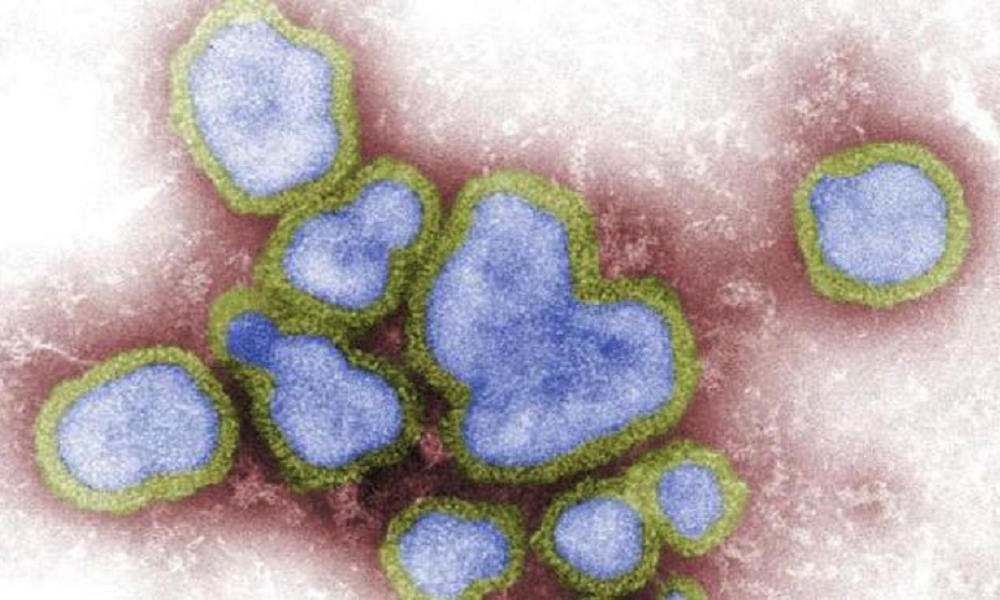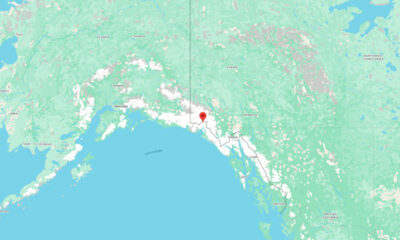World
Cambodia reports 3rd human case of H5N1 bird flu

A 9-year-old boy has died after being infected with H5N1 bird flu in Cambodia, the health ministry reported on Friday, making it the third case in the country in just two weeks.
The young boy, from a village near Kratié in eastern Cambodia, developed symptoms after 5 chickens and 3 ducks at his home died. The ducks were also cooked and consumed by the family.
The child tested positive for H5N1 bird flu on Thursday, the same day he died. The Ministry of Health announced the case on Friday, the third in just two weeks.
The first two cases – a 3-year-old from Prey Veng and a 69-year-old from Siem Reap – have already recovered. Both had contact with poultry and were infected with an older strain of H5N1, called 2.3.2.1c.
A newer strain of H5N1, 2.3.4.4b, has raised concern due to its global spread and cases in a growing number of mammals. So far, only a limited number of human cases have been reported after contact with infected birds.
“These animal influenza viruses do not easily infect humans, and human-to-human transmission appears to be unusual,” WHO said in a risk assessment. “However, severe disease with high mortality rates can occur as a result of human infection.”
Thirteen human cases of H5N1 were reported worldwide last year, including six cases in Cambodia, where four people died. All cases in Cambodia involved the older variant.

-

 Health1 week ago
Health1 week agoFrance confirms 2 MERS coronavirus cases in returning travelers
-

 US News5 days ago
US News5 days agoMagnitude 7.0 earthquake strikes near Alaska–Canada border
-

 Entertainment1 week ago
Entertainment1 week agoJoey Valence & Brae criticize DHS over unauthorized use of their music
-

 Legal2 days ago
Legal2 days agoShooting at Kentucky State University leaves 1 dead and another critically injured
-

 Legal1 week ago
Legal1 week agoWoman detained after firing gun outside Los Angeles County Museum of Art
-

 Health1 week ago
Health1 week agoEthiopia reports new case in Marburg virus outbreak
-

 Business1 day ago
Business1 day agoUnpublished TIME cover suggests AI leaders may be named Person of the Year
-

 Entertainment1 week ago
Entertainment1 week agoSeveral countries withdraw from 2026 Eurovision after Israel is allowed to participate




